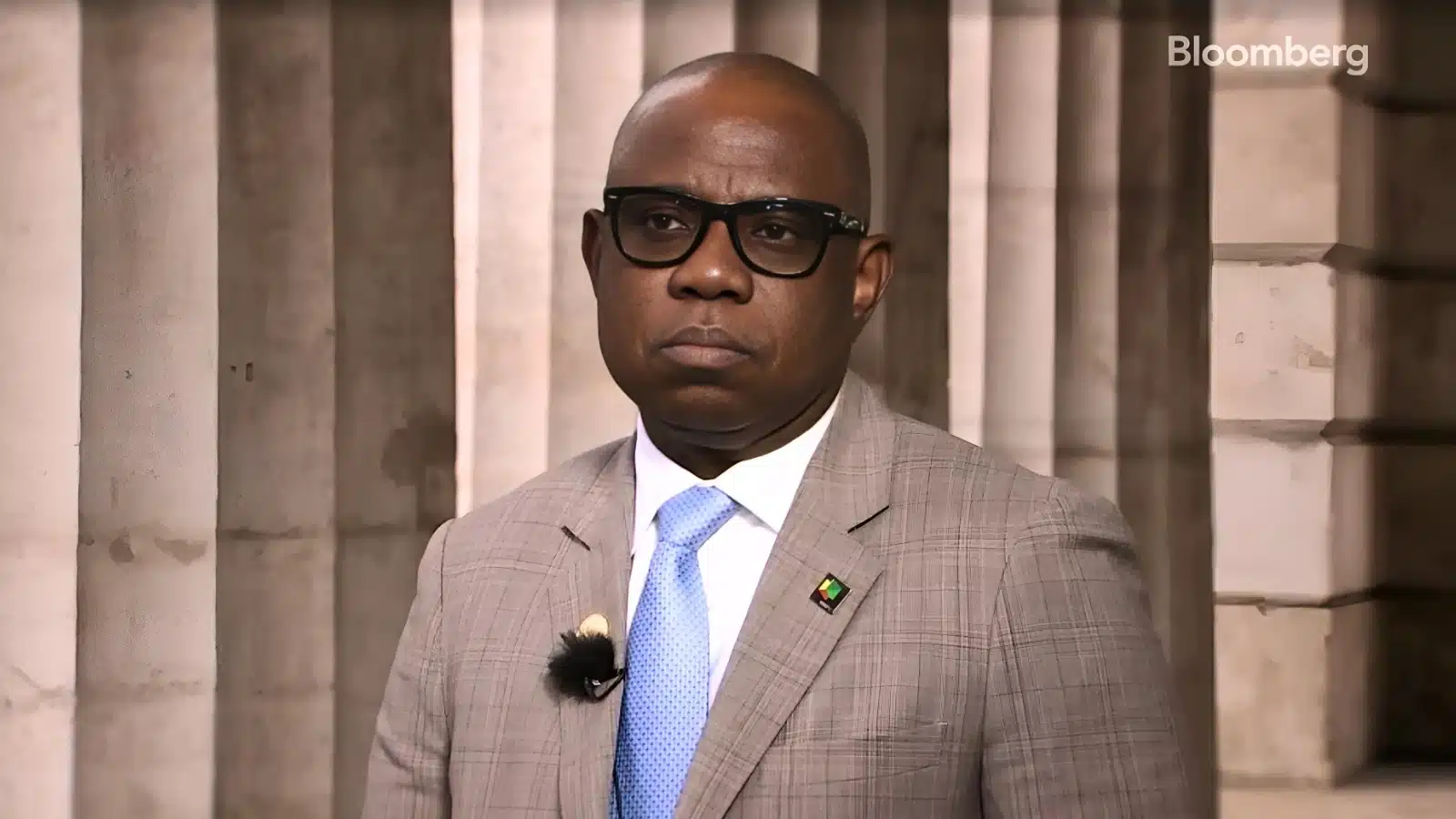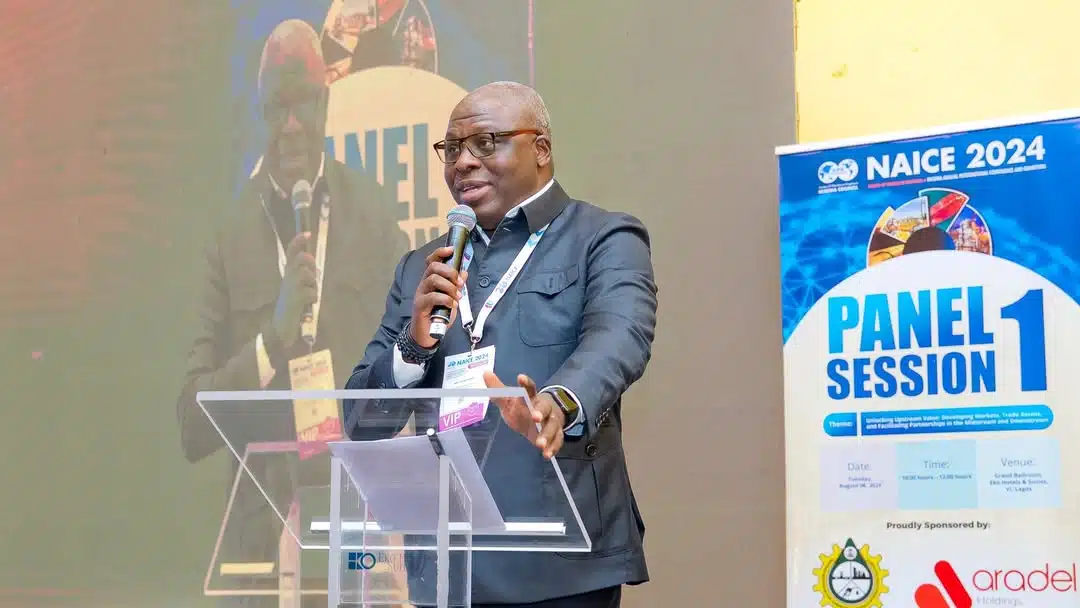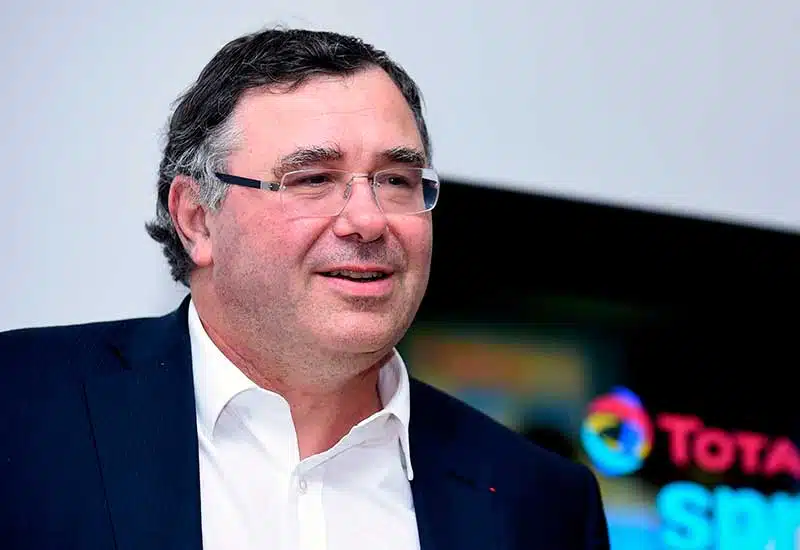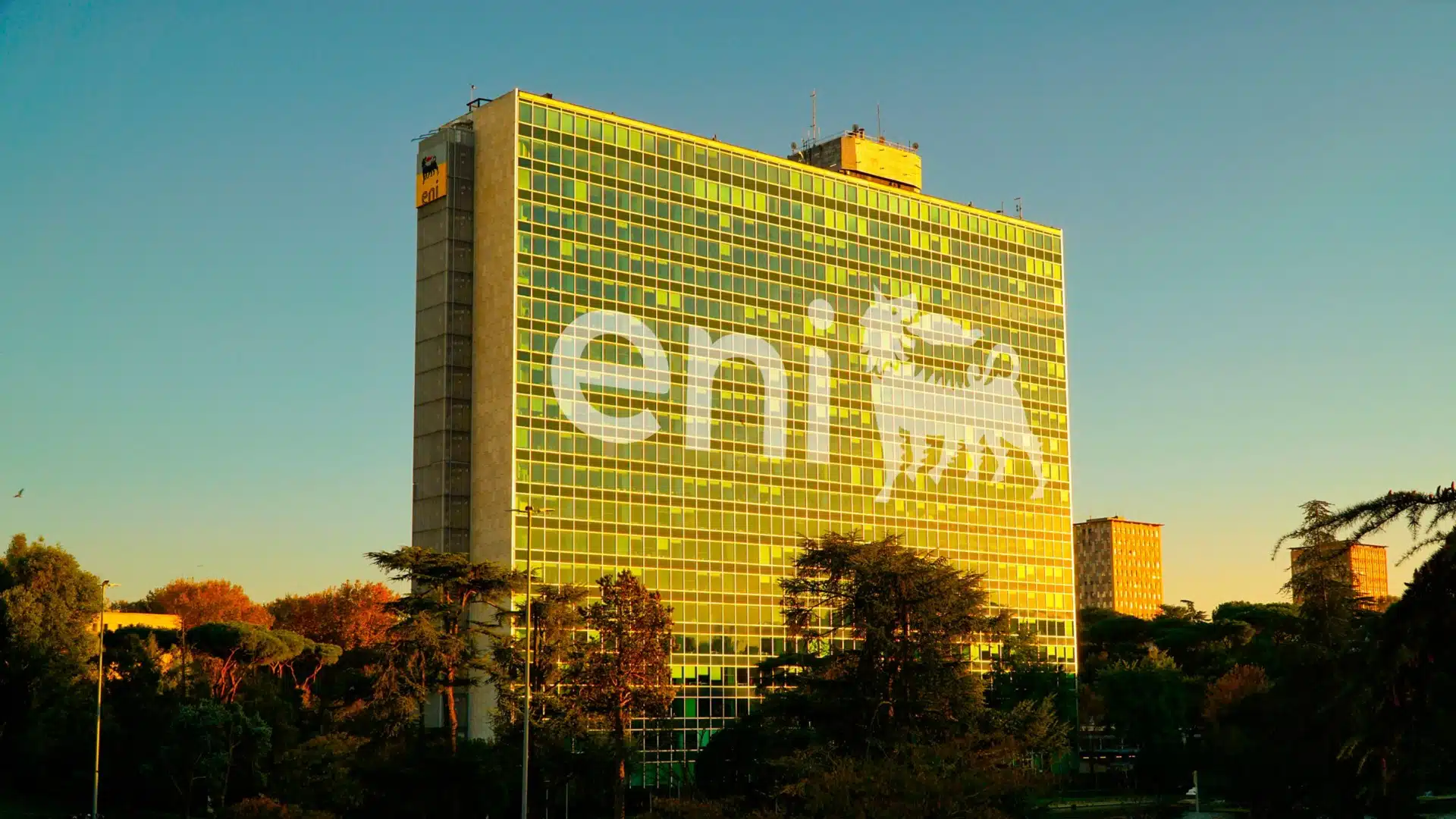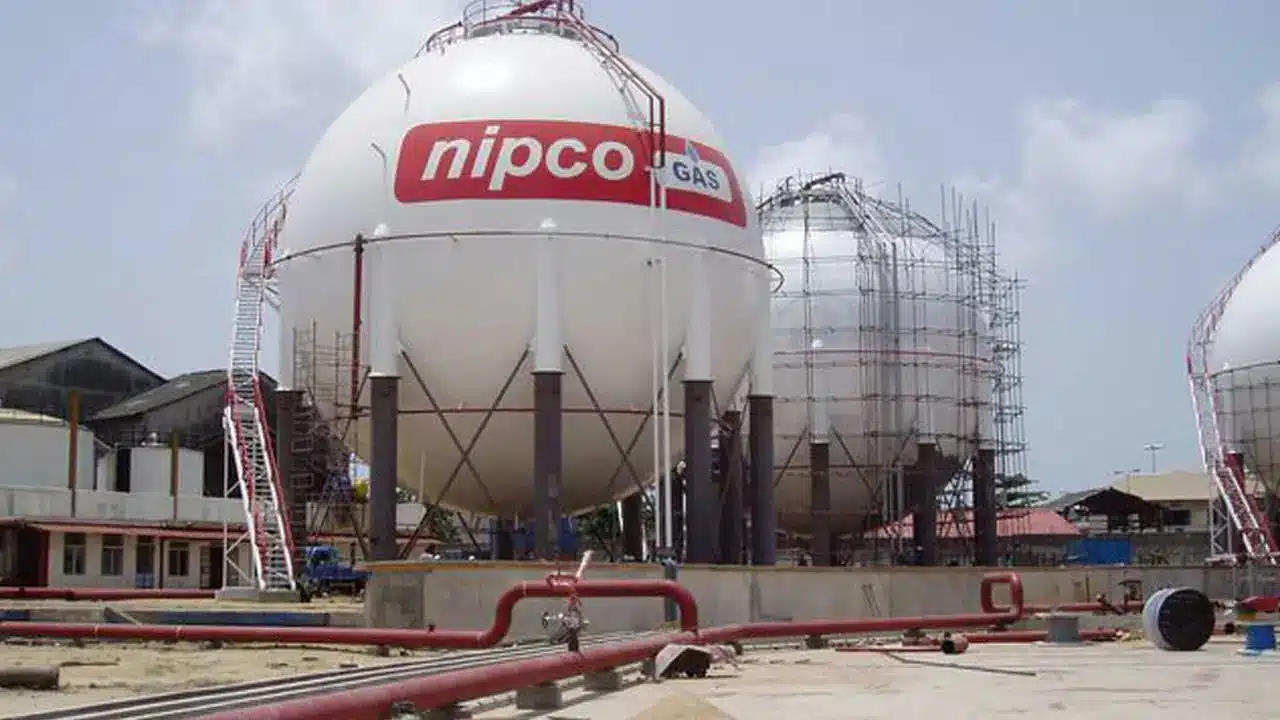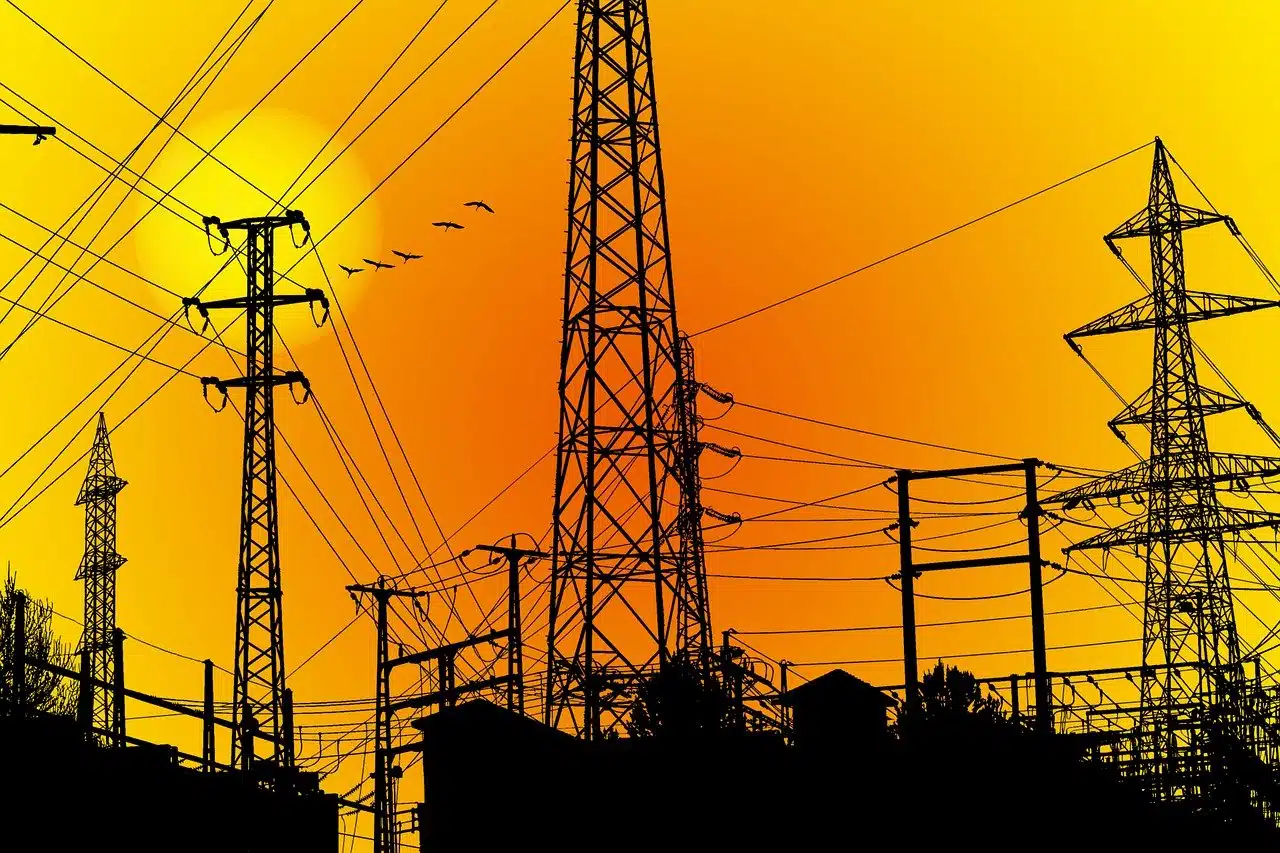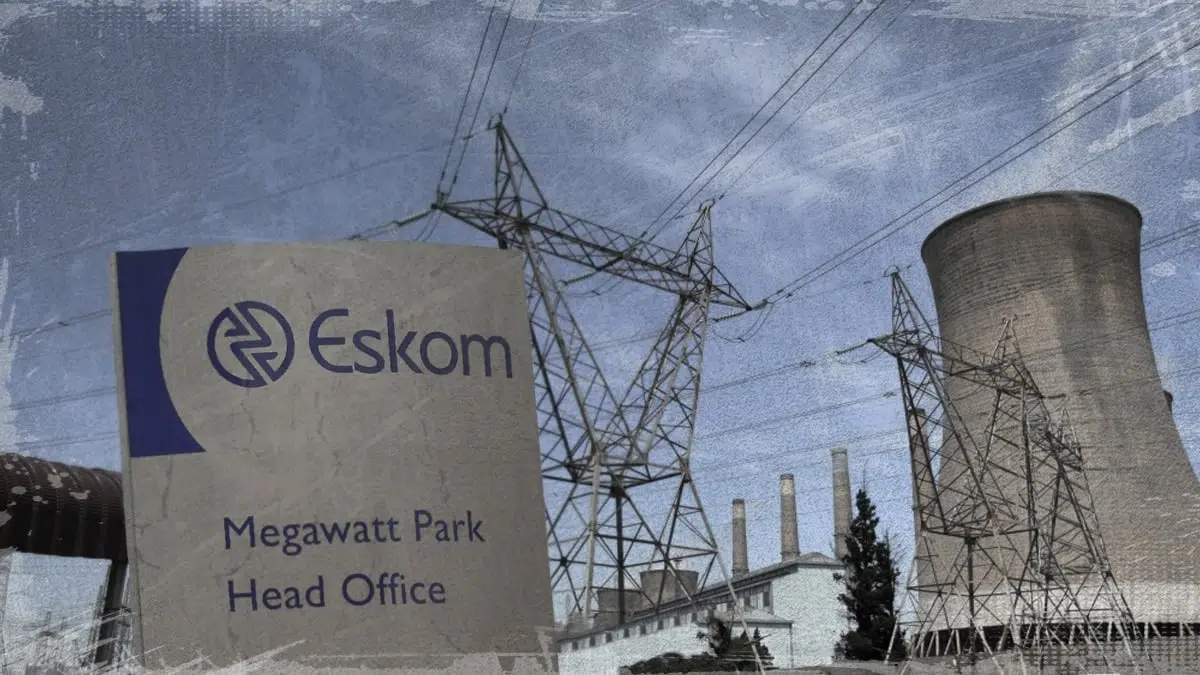The Group Chief Executive Officer (GCEO) of the Nigerian National Petroleum Company (NNPC) Limited, Bayo Ojulari, has said he will not rule out the sale of some of the country’s state-owned refineries, as a strategic review is currently underway.
Ojulari, who spoke on the sidelines of the 9th OPEC Seminar on Thursday in Australia, told a reporter that the refineries are presently under review.
He added that some of the technologies deployed for the ongoing rehabilitation efforts did not meet expectations.
This marks the first time the GCEO has publicly commented on the state of the refineries since assuming office in April.
The refineries, particularly those located in Port Harcourt and Warri, have remained shut since May following a failed turnaround maintenance project that cost over $1.5 billion.
“We made quite a lot of investment in our refineries over the last years. We brought in a lot of technologies. We’ve been challenged as some of those technologies have not worked as we expected so far.
“As you know, when you’re reviving a very old refinery that has been abandoned for some time. What we discover is that it’s becoming a lit more complicated.
“I can’t say that now. But what we are saying is that sale is not out of the question. All the options are on the table, to be frank. But that decision will be based on the outcome of the reviews we are doing now,” Ojulari said.
Optimism on pipeline security
NNPC also expressed optimism about the state of pipeline infrastructure in the country, noting that there has been an improvement in security.
According to Ojulari, the new security model—driven by community surveillance in partnership with private security firms and the government—appears to be more sustainable than the former top-down policing system.
He said the new model is not a quick fix but a sustainable solution.
Nigeria’s pipeline infrastructure has long suffered from sabotage due to oil theft and other challenges.
Pipeline vandalism and the resulting oil spills are frequent, with an estimated 400,000 barrels per day of crude oil lost to such incidents.
Ojulari said the situation is changing, as trust is being rebuilt between host communities and oil companies operating the assets.
“In the past, it was more around the use of policing. It’s very clear that policing alone was not going to work. We needed to create a sustainable means of livelihood and independence to the community.
“My confidence is built on the premise that today’s security situation is driven by the community,” he added.

